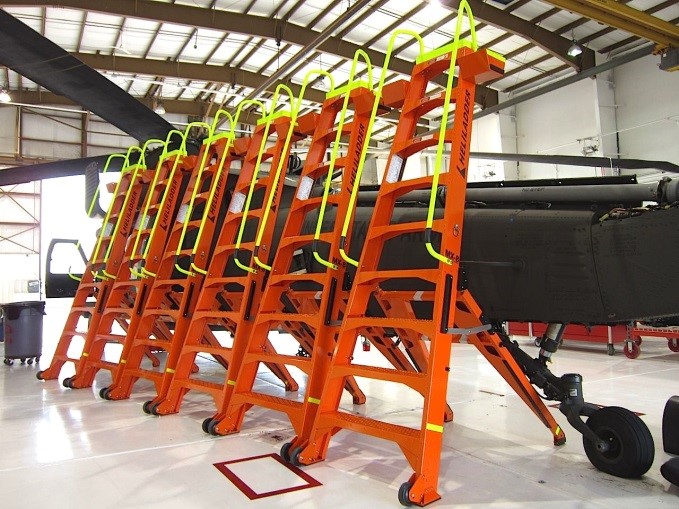Instrumentation is the practice of employing tools and methodologies for measuring, monitoring, and controlling physical quantities across various sectors, including engineering, environmental science, and manufacturing. By providing accurate data, instrumentation is essential for enhancing both project efficiency and safety. In the construction realm, the collaboration of instrumentation and geogrid technology significantly bolsters structural stability and performance.

What does instrumentation entail, and why is it significant?
Instrumentation is concerned with designing and utilizing instruments to gauge essential variables such as temperature, pressure, flow, and displacement. This discipline is critical for monitoring performance, ensuring safety, and optimizing processes across multiple industries. Accurate measurements are vital for informed decision-making and enhancing overall operational productivity.
How is instrumentation utilized in construction?
In the construction industry, instrumentation often involves deploying sensors and devices that monitor parameters like soil pressure, vibrations, and settlement patterns. These instruments provide real-time insights, enabling engineers to evaluate structural integrity and stability. When used alongside geogrid systems, instrumentation offers valuable data on how effectively geogrids reinforce soil, improving load-bearing capacity and reducing erosion risks.
What are some common instruments in engineering?
Commonly used instruments in engineering include strain gauges, pressure transducers, thermocouples, and data loggers. Strain gauges measure deformation, pressure transducers track fluid pressure, and thermocouples assess temperature. These devices can be integrated with geogrid systems to monitor performance under varying loads.
How do geogrid technologies relate to instrumentation?
Geogrids are polymer materials designed to reinforce soil and improve stability in civil engineering projects. Instrumentation plays an essential role in evaluating geogrid effectiveness by monitoring soil behavior, load distribution, and stress levels. By analyzing this information, engineers can optimize the application of geogrids to ensure desired stability and durability.
Instrumentation is a cornerstone of modern engineering and construction, supplying essential data for effective monitoring and management. Its integration with technologies like geogrids enhances performance and safety. By leveraging advanced instrumentation practices, engineers can make informed, data-driven decisions that lead to improved project results and increased operational efficiency. Understanding instrumentation is also beneficial for project management and supports sustainable practices in construction and beyond.